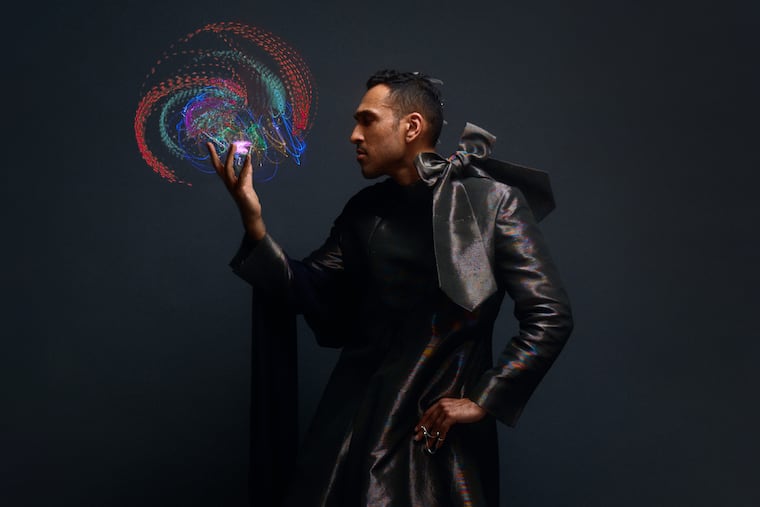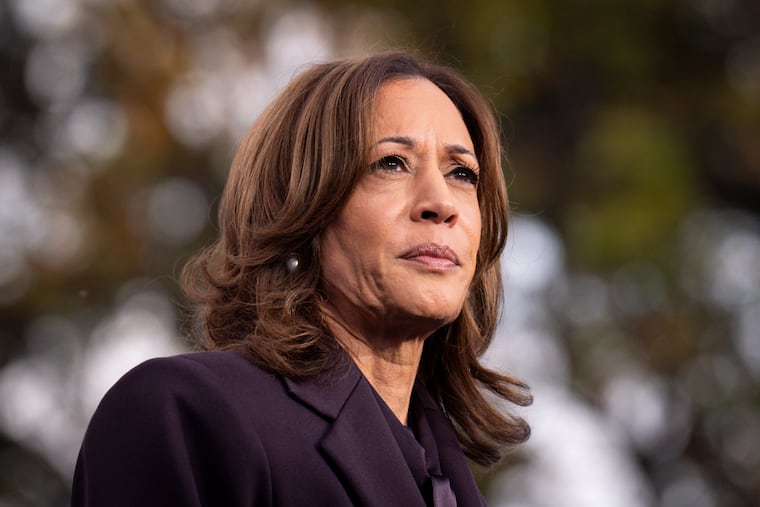Ali Sethi to perform in Philadelphia after exceeding one billion streams on Spotify.
In recent years, Ali Sethi has emerged as one of Pakistan’s most significant cultural exports, navigating both the complex traditions of North Indian classical music and contemporary popular music. This multifaceted musician has gained recognition as an ambassador of a genre that transcends the modern boundaries of India and Pakistan, a cultural rich tapestry woven together over centuries.
Despite historical enmity, both nations have expressed skepticism towards Sethi, with India prohibiting his music and social media presence while Pakistan has criticized his openly queer identity. Nevertheless, Sethi’s impact remains profound, as his 2022 hit “Pasoori”—produced for the popular television music series Coke Studio—has resonated deeply across borders. The song, which features renowned singer Shae Gill, has amassed over one billion streams on Spotify, becoming a staple at celebrations in both countries. The widespread sharing of “Pasoori” through VPNs and social media illustrates the power of music to unite in the face of political restrictions.
Sethi, while residing in New York, embraces his role as a cultural connector during his North American tour. He views music as a medium that transcends political narratives and fosters human connection, asserting that artists like him challenge the restrictive narratives imposed by governments. His latest work, “Love Language,” released in August 2023, explores themes of displacement and connection, drawing from the poetry of celebrated South Asian writers such as Faiz Ahmad Faiz and Rabindranath Tagore.
The album project encapsulates Sethi’s unique musical journey—a synthesis of Hindustani ragas, modern rhythms, and intricate lyrics that engage with love, lust, and social resistance. Throughout the album’s 39 minutes, listeners experience an intermingling of diverse musical influences that reflect Sethi’s awareness of the global landscape. He characterizes his work as syncretic, rooted not just in fusion but in a deep respect for the intertwining traditions that exist simultaneously.
A particularly poignant track, “O Balama (Censored Love Song),” highlights Sethi’s navigational struggles in a hostile landscape, affected by the threats and controversies surrounding his personal life and artistic expression. In his music, he encapsulates not only the joys of love but also the challenges posed by societal norms, illustrating a dynamic dialogue between the personal and political.
Sethi’s approach to music serves as a “trojan horse”—it promises entertainment while subtly conveying deeper messages that provoke thought and inspire change. His artistry emerges as both a refuge from and a lens through which to navigate personal identity within a socio-political context.
As his North American tour unfolds, Sethi continues to captivate audiences, providing a transformative experience that resonates well beyond mere performance, fostering a shared memory and pursuit of transcendence. Through music, he offers an invitation to embrace complexity, celebrate diversity, and seek connections that defy borders. His Philadelphia performance at the Theatre of Living Arts on October 2 promises to showcase a powerful intersection of art, identity, and cultural resilience, reaffirming Sethi’s place as a pivotal figure in contemporary music.
This complex narrative underscores the ever-relevant role of artists like Ali Sethi in promoting cultural dialogue, advocating for inclusivity, and enriching the global music landscape.







